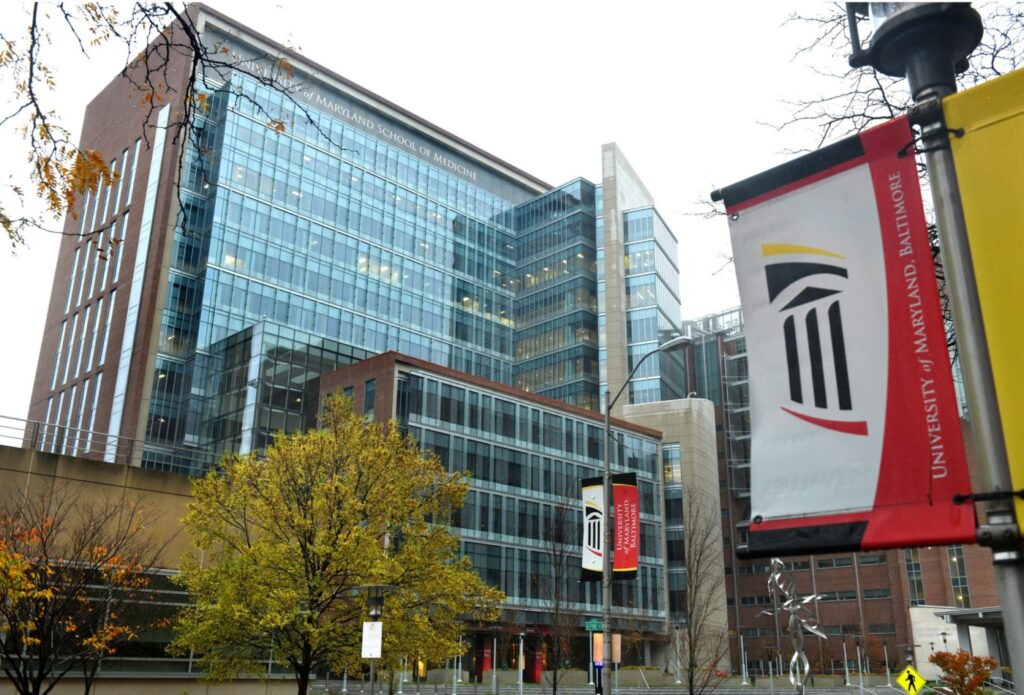
UPDATE: Maryland universities are facing a historic crisis as federal grant funding has plummeted, threatening ongoing research projects and the livelihoods of countless scientists. This alarming shift has led to a staggering loss of nearly $119 million in federal grants this year, according to a report from the Center for American Progress.
The situation is escalating quickly, with many researchers already feeling the impact. “All of us here in Maryland had become extremely dependent on federal funding,” said Patrick O’Shea, vice president for research at the University System of Maryland. This dramatic reduction in funding is forcing institutions to rethink their financial strategies and seek new sources of revenue.
On October 10, researchers from the University of Maryland, College Park held a virtual town hall to discuss the repercussions of these cuts. “I don’t see how I can keep working at the university if my grant is clawed back,” expressed Marc Pound, a long-time research scientist in the Astronomy Department. His concerns reflect a broader anxiety among faculty members facing an uncertain future.
The cuts are not isolated. Johns Hopkins University, America’s first research institution, reported a staggering loss of $800 million in funding from the U.S. Agency for International Development earlier this year. In response, the university has established support programs for affected researchers, including grants of up to $150,000 to help pivot research directions.
At Morgan State University, 22 grants were rescinded, totaling $13.5 million. “We have not been as negatively impacted as some of our sister institutions,” said spokesman Dell Jackson. Yet, the loss of future payments is still significant, and the university is actively seeking to maintain its status as a leading research institution.
The implications of these funding reductions are profound. Researchers, especially those without tenure, face increasing job insecurity. “People who don’t have the protection of tenure are not going to be able to continue their research for politically motivated reasons,” warned Karin Rosemblatt, professor and president of the United Academics of Maryland-UMD. She organized the town hall to address the urgent need for university support in these turbulent times.
As the crisis unfolds, Maryland universities are striving to adapt. O’Shea reassured that institutions are working diligently to help stabilize and support their researchers. “We’re working very hard to help them stabilize, pivot, and grow,” he stated.
The broader academic community is watching closely, as these developments may signal a significant shift in higher education funding nationwide. With federal grants historically underpinning research initiatives, institutions face an uphill battle to diversify their funding streams and ensure academic freedom is preserved.
WHAT’S NEXT: As the situation develops, faculty members are encouraged to engage with local and national representatives, including Sen. Chris VanHollen, to advocate for restored funding. The urgency of the matter cannot be overstated; the future of Maryland’s academic research landscape hangs in the balance.
Stay tuned for updates on this pressing issue as it evolves.





